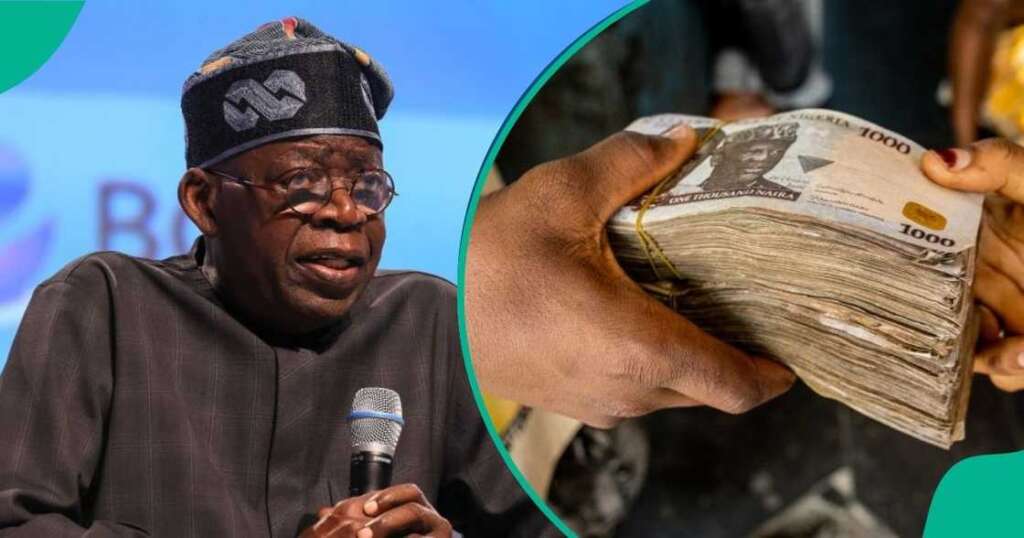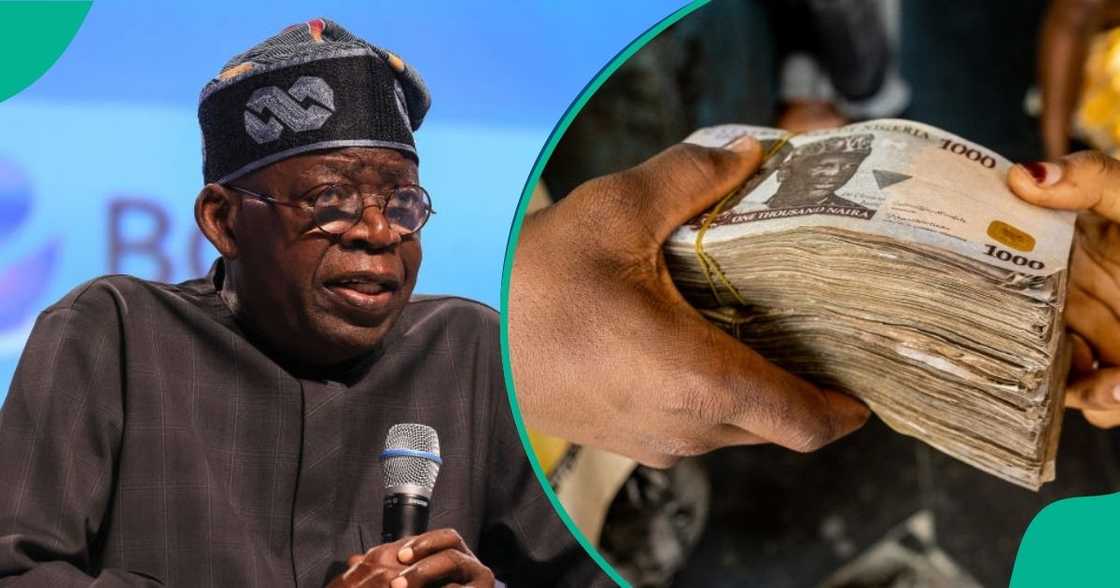From the bustling tech startups in Yaba to the vibrant artisan workshops in Aba, President Bola Tinubu’s proposal for a National Credit Guarantee System (NCGS) could mark a turning point for Nigeria’s economy. Anchored by the ambition to empower micro, small, and medium enterprises (MSMEs), the initiative promises to address one of the most pressing issues stifling Nigeria’s economic growth: limited access to credit.
The Credit Crunch in Nigeria
For decades, the Nigerian business environment has been plagued by limited credit accessibility. Banks demand collateral that many small business owners cannot provide, while informal lenders impose interest rates that are often too high for sustainable growth. This funding gap for MSMEs is estimated at a staggering $160 billion, according to the African Development Bank.
Such challenges have left many businesses unable to scale their operations or innovate, despite their potential to drive job creation, productivity, and innovation.
What is a National Credit Guarantee System?
The NCGS serves as a co-signer, providing partial guarantees to lenders to cover potential defaults by borrowers. Unlike direct loans, this system encourages financial institutions to lend to MSMEs by de-risking the process.
Countries like South Korea, Malaysia, and Chile have demonstrated the transformative power of such systems:
- South Korea’s KODIT: Played a pivotal role in the rise of global giants like Samsung by guaranteeing high-risk loans for innovative ventures.
- Malaysia’s CGC: Backed over $20 billion in loans, significantly contributing to GDP growth and job creation.
NCGS in Nigeria: How Will It Work?

Expected to launch operations by mid-2025, the NCGS will be a collaboration between government bodies, private sector players, and multilateral institutions. Here’s how it will function:
- Loan Guarantees: The NCGS will vouch for MSMEs, providing a 100% loan guarantee to attract banks.
- Evaluation & Premiums: Businesses will undergo evaluations to determine loan eligibility and pay premiums proportional to their loan sizes.
- Quick Settlements: To foster trust, claim settlements for loan defaults will be expedited.
Initial funding of ₦1-2 trillion is recommended, with opportunities for international support as the scheme grows.
Lessons from Past Initiatives
Nigeria’s experience with sector-specific credit schemes like NIRSAL and the Anchor Borrowers’ Programme underscores the importance of robust credit infrastructure. High default rates in these schemes—over 62% for NIRSAL loans—have eroded confidence in financial institutions.
To avoid similar pitfalls, the NCGS must integrate:
- Comprehensive National ID Systems: To track borrowers and minimize defaults.
- Functional Credit Bureaus: To provide reliable credit analyses and enhance transparency.
- Digital Monitoring Platforms: Inspired by Japan and Germany, these tools can ensure accountability and proper loan utilization.
Economic Potential: Jobs, Growth, and Innovation
The numbers don’t lie. In countries with effective credit guarantee systems:
- Malaysia: MSMEs contribute 38% to GDP and 65% to employment.
- Chile: 60,000 new jobs were created within five years of implementing a credit guarantee scheme.
- South Korea: KODIT has supported 1.2 million MSMEs, transforming them into economic pillars.
In Nigeria, MSMEs already account for 50% of GDP and 90% of employment, even with minimal credit access. With the NCGS, these figures could skyrocket, driving a virtuous cycle of economic growth.
Conclusion: A Path Forward
If executed effectively, the NCGS could revolutionize Nigeria’s credit landscape, unlocking opportunities for millions of MSMEs. By addressing structural challenges and learning from international best practices, the system has the potential to:
- Create Jobs: From tech hubs in Lagos to artisan shops in Aba.
- Drive Innovation: By funding high-risk, high-reward ventures.
- Boost Economic Growth: Transitioning Nigeria from a cash-based to a credit-driven economy.
For a carpenter in Abuja, a fashion designer in Kano, or a tech entrepreneur in Lagos, the NCGS isn’t just a policy—it’s a lifeline.
SEE ALSO: Tinubu Unveils Massive 8.3-Petabyte Data Centre for Passport and Visa Boost




